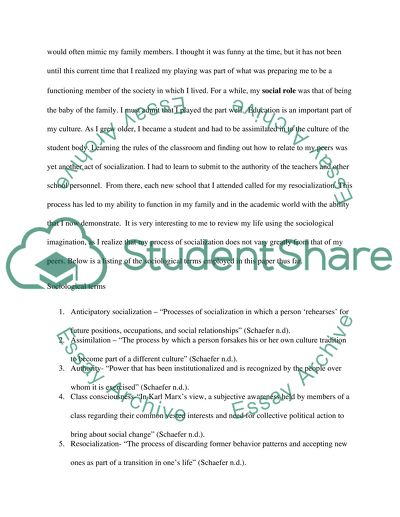Cite this document
(“The Study of Society: A New, Relevant Science Essay”, n.d.)
Retrieved de https://studentshare.org/sociology/1392174-the-study-of-society-a-new-relevant-science
Retrieved de https://studentshare.org/sociology/1392174-the-study-of-society-a-new-relevant-science
(The Study of Society: A New, Relevant Science Essay)
https://studentshare.org/sociology/1392174-the-study-of-society-a-new-relevant-science.
https://studentshare.org/sociology/1392174-the-study-of-society-a-new-relevant-science.
“The Study of Society: A New, Relevant Science Essay”, n.d. https://studentshare.org/sociology/1392174-the-study-of-society-a-new-relevant-science.


